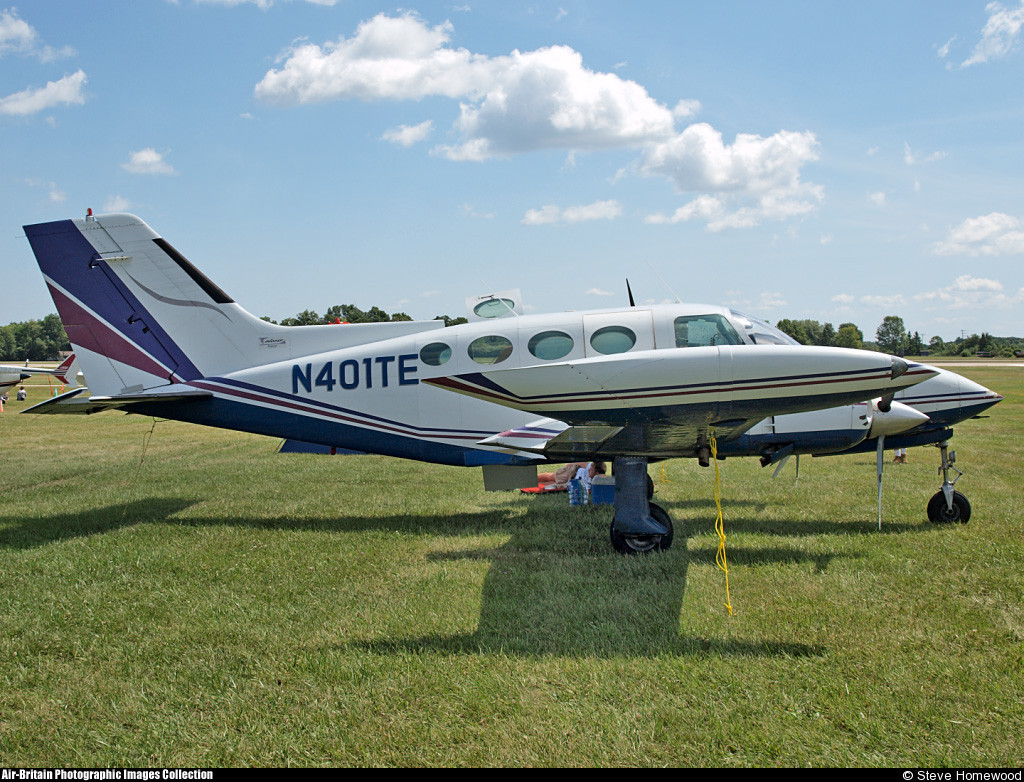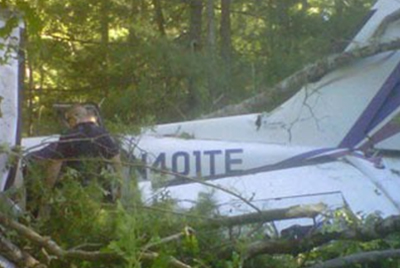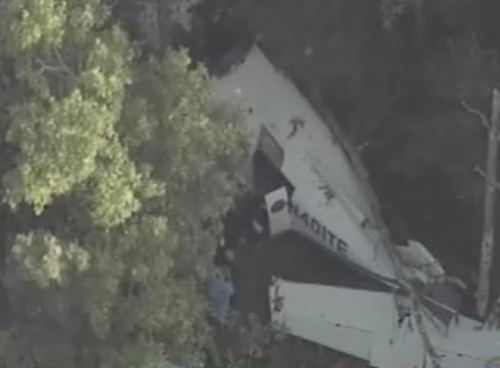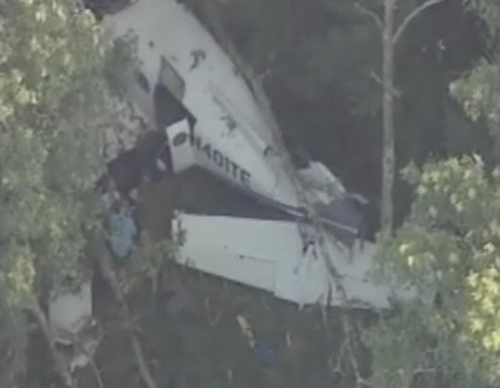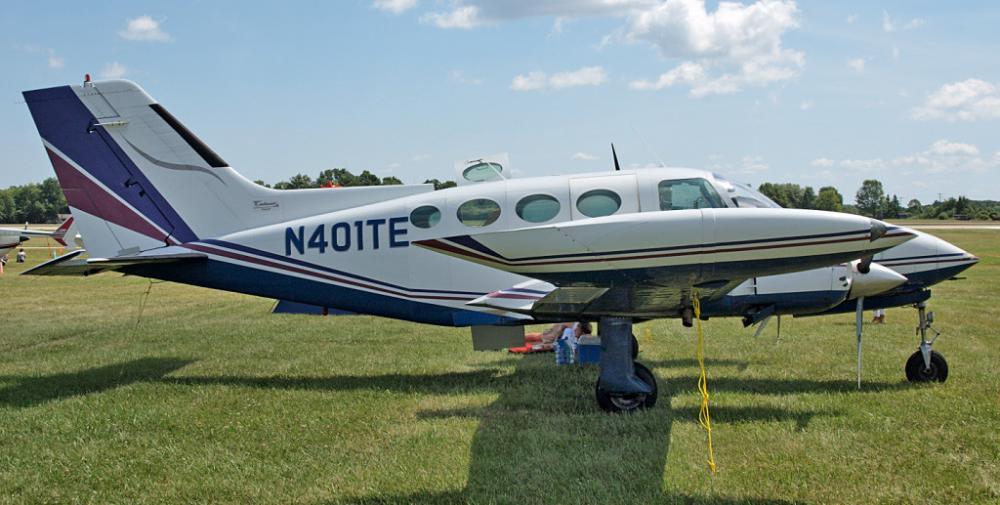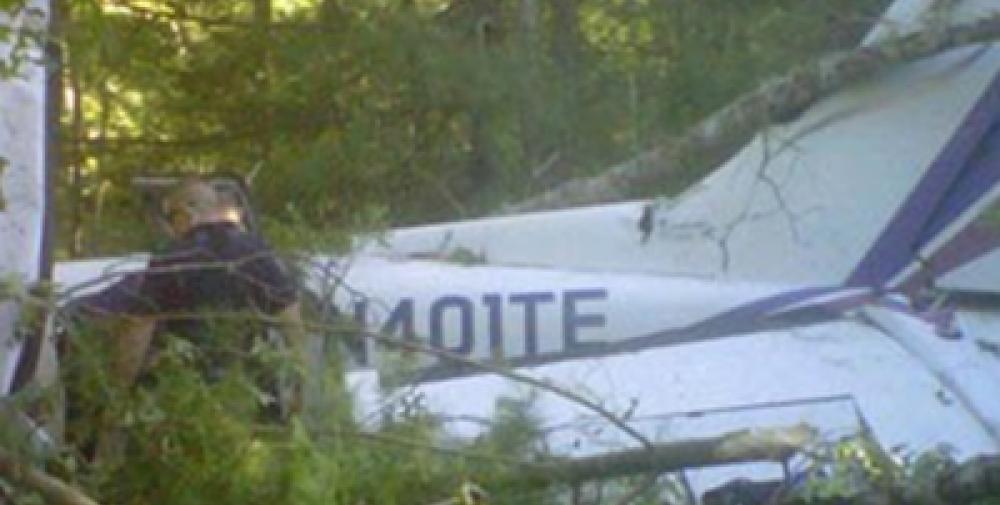Date & Time:
Jun 19, 2010 at 1703 LT
Type of aircraft:
Cessna 401
Operator:
Oasis Flight Services
Registration:
N401TE
Flight Phase:
Landing (descent or approach)
Flight Type:
Topographic
Survivors:
Yes
Schedule:
Plymouth - Plymouth
MSN:
401-0180
YOM:
1971
Country:
United States of America
Region:
North America
Crew on board:
1
Crew fatalities:
0
Pax on board:
2
Pax fatalities:
0
Other fatalities:
0
Total fatalities:
0
Captain / Total hours on type:
1200
Aircraft flight hours:
2004
Circumstances:
The airplane was returning from a 3-hour aerial mapping mission and was lined up for a straight-in, 5-mile final approach for landing. About 3 miles out on final approach, and prior to performing the before-landing check, both engines stopped producing power in sequence, one almost immediately after the other. The pilot said that by the time he completed his remedial actions the airplane had descended to about 200 feet above the ground and the engines would not restart. The auxiliary fuel tank gauges were bouncing between 2-5 gallons and the main tanks were bouncing around at 25 gallons per side. The pilot then selected a forced landing site between two large trees and landed the airplane in heavily wooded terrain. A detailed examination of the wreckage revealed no evidence of preimpact mechanical anomalies. According to information contained in the aircraft manufacturer’s owner's manual, the auxiliary fuel tanks are designed for cruising flight and are not equipped with pumps; operation near the ground (below 1000 feet) using auxiliary fuel tanks is not recommended. The first step in the before-landing check was to select the main fuel tanks on both the left and right fuel selectors, respectively. The pilot indicated that he should have selected the main tanks sooner and performed the before-landing check earlier in the approach.
Probable cause:
A total loss of engine power during final approach due to fuel starvation as a result of the pilot’s delayed configuration of the airplane for landing.
Final Report:
N401TE.pdf95.51 KB
